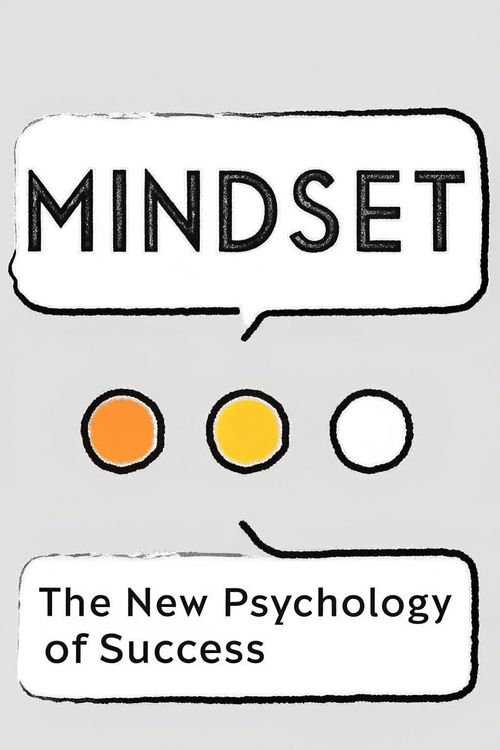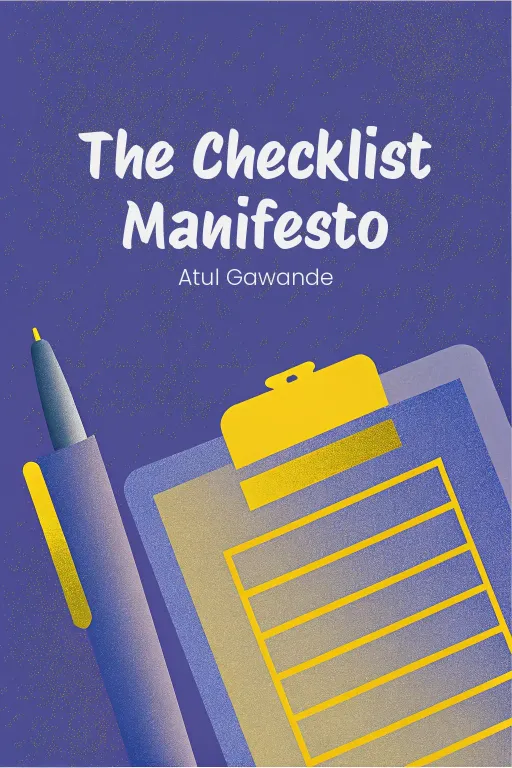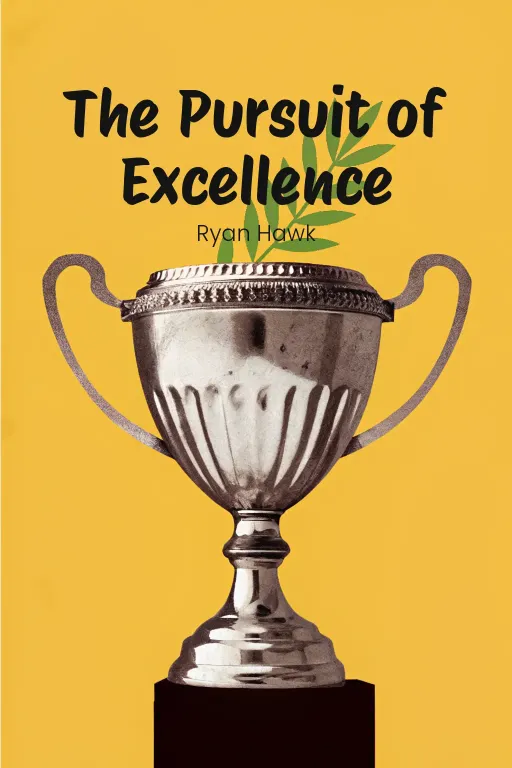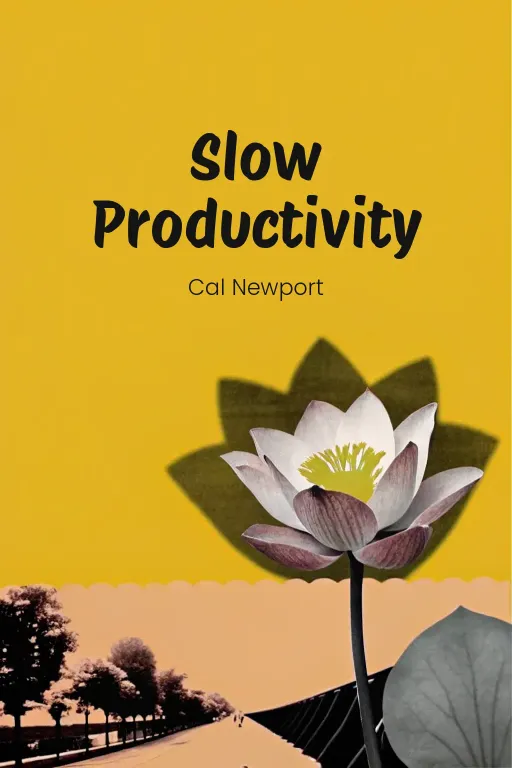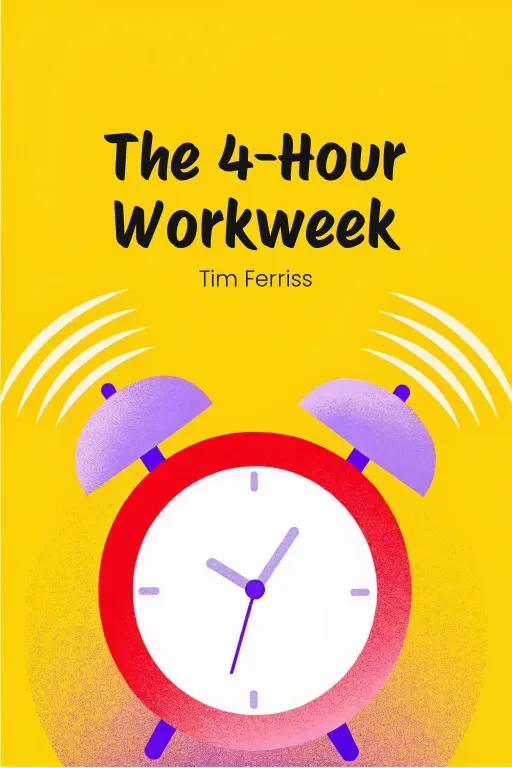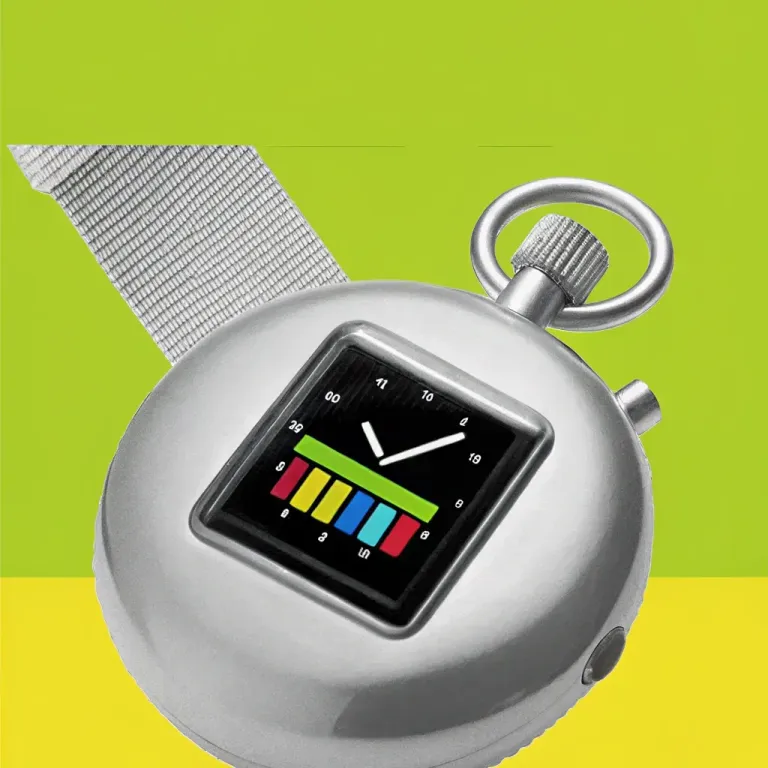
Energy Secrets: The Corporate Athlete
Podcast by MBA in 5 with Roger
Managing Energy, Not Time, Is the key to High Performance and Personal Renewal
Energy Secrets: The Corporate Athlete
Roger: Are you meticulously managing your calendar, yet still hitting a wall by 3 PM? Feeling drained despite a full night's sleep? If juggling endless demands leaves you feeling depleted rather than productive, maybe you're focusing on the wrong resource entirely. Roger: Welcome to MBA in 5. Today, we're diving into 'The Power of Full Engagement' by Jim Loehr and Tony Schwartz. The single most important idea is this: Stop obsessing over managing time; start managing your energy. Time is finite – 24 hours, no exceptions. But energy? That's different. It can be systematically expanded and renewed. Think of yourself as a 'Corporate Athlete.' Just like elite athletes strategically balance intense effort with recovery to build capacity, we need to manage our energy to perform at our peak sustainably. That’s the one thing to remember: manage energy, not just time, like an athlete preparing for peak performance. Roger: So how do we become these 'Corporate Athletes'? It starts by understanding the four interconnected sources of our energy. Physical energy is the foundation – think fuel and recovery through nutrition, fitness, and sleep. Neglect this, like the executive Roger in the book who got winded climbing stairs, and everything else suffers. Then there's Emotional energy, which dictates the quality of our output. Positive emotions fuel performance, while negativity drains it – and remember, as a leader, your emotions are contagious. Mental energy is about sharp focus and clear thinking. In our distracted world, sustaining attention requires working in focused sprints, maybe 90 minutes, followed by real recovery breaks, just like the music executive George learned to do. Finally, Spiritual energy provides the force for action, connecting us to our deeper purpose and values – the 'why' behind our work, like Ann who found the drive to quit smoking when it aligned with protecting her unborn child. Roger: Building on this understanding of our energy sources is the critical rhythm of 'oscillation'. High performance isn't a constant marathon; it’s a series of sprints followed by recovery. The book argues convincingly that growth happens when we intentionally stress our energy systems – pushing our limits – and then allow for adequate recovery. Too many of us push linearly, skipping breaks, leading straight to burnout. Athletes know recovery isn't slacking; it's vital for building strength. We need to actively schedule recovery alongside demanding tasks. Roger: This leads us to the practical application: taking deliberate action through positive rituals. Change requires structured habits, not just willpower. Loehr and Schwartz emphasize creating highly specific, timed rituals designed to manage energy across all four dimensions. Think '15-minute walk after lunch,' not just 'exercise more.' Crucially, link these rituals to your core values, like Roger B. did by implementing morning check-ins with his daughters alongside structured workouts and breaks, transforming his focus and performance. Roger: So, why is 'The Power of Full Engagement' a must-read? Because it fundamentally shifts your perspective from the often losing battle of time management to the winnable game of energy management. It offers a clear path to higher performance and greater well-being – working smarter, not just longer. Here’s your immediate action step: Identify just one energy-depleting habit and replace it with a specific, energy-renewing ritual starting tomorrow. Maybe swap that mid-afternoon sugary snack for a 5-minute walk outside. Schedule it, do it. Roger: That’s your MBA in 5. I’m Roger. Manage your energy, and I’ll see you next time.
